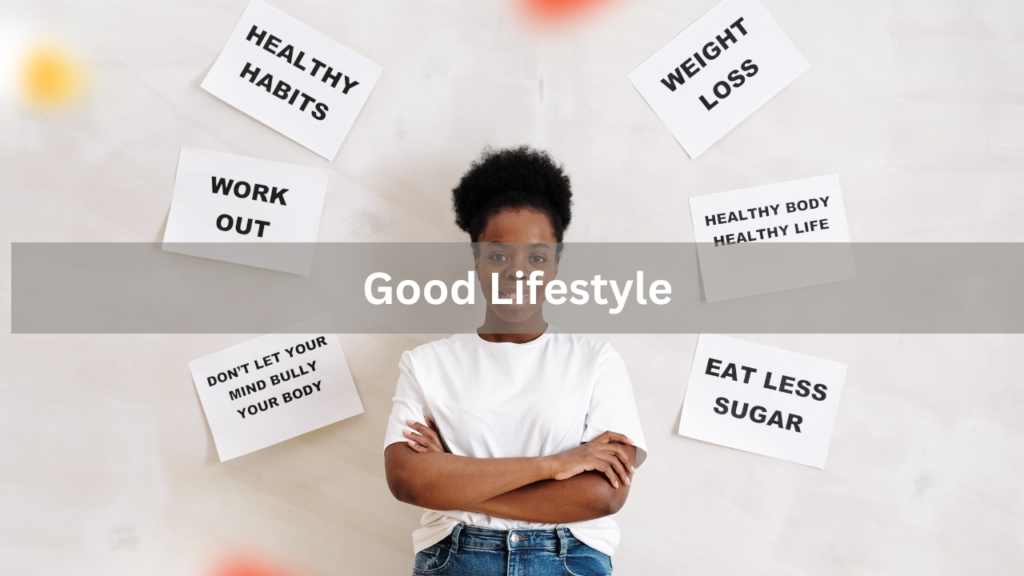
The choices we make each day, whether conscious or unconscious, play a pivotal role in determining the quality of our lives. From what we eat to how we move, sleep, and manage stress, these decisions have a lasting impact on our physical and mental health. Healthy lifestyle choices promote well-being, vitality, and longevity, while unhealthy habits can lead to disease, exhaustion, and emotional turmoil. Understanding the distinction between healthy and unhealthy choices is key to living a life that is both balanced and fulfilling.
Physical Health: What We Put Into Our Bodies
One of the most significant ways we influence our health is through diet. Healthy lifestyle choices in this area involve eating a balanced diet rich in fruits, vegetables, lean proteins, and whole grains. These foods are packed with essential nutrients that fuel our bodies, support immune function, and reduce the risk of chronic diseases such as heart disease, diabetes, and obesity. Drinking plenty of water and limiting processed foods, sugar, and unhealthy fats further enhances physical well-being.
On the flip side, unhealthy dietary choices—such as regularly consuming fast food, sugary snacks, and excessive alcohol—can have serious long-term effects on health. These choices can lead to weight gain, nutrient deficiencies, and an increased risk of conditions like hypertension, heart disease, and certain cancers. The saying “you are what you eat” holds significant truth, as the food we consume directly affects our energy levels, mood, and overall health.
The Importance of Physical Activity
In addition to diet, physical activity is a critical factor in defining well-being. Regular exercise improves cardiovascular health, strengthens muscles and bones, boosts mental clarity, and enhances mood by releasing endorphins, the body’s natural “feel-good” chemicals. Healthy lifestyle choices in this realm might include activities such as walking, jogging, yoga, swimming, or strength training. The World Health Organization recommends at least 150 minutes of moderate-intensity physical activity per week to maintain good health.
Conversely, a sedentary lifestyle—characterized by sitting for prolonged periods, lack of movement, and minimal exercise—is associated with a host of health problems. Chronic inactivity can lead to weight gain, poor posture, decreased muscle mass, and an increased risk of conditions like heart disease, diabetes, and depression. In modern society, where many jobs require long hours of sitting, it’s essential to find ways to incorporate movement into daily life to avoid the pitfalls of a sedentary existence.
Mental Health: The Role of Stress Management
Beyond physical health, lifestyle choices significantly impact mental and emotional well-being. Healthy choices in this area include practicing mindfulness, engaging in relaxation techniques, and managing stress through hobbies or activities that bring joy and fulfillment. Prioritizing rest, maintaining a positive mindset, and building strong social connections also contribute to mental resilience and emotional stability.
Unhealthy mental habits, such as chronic stress, negative self-talk, and neglecting self-care, can lead to anxiety, depression, and burnout. Failing to address emotional well-being not only affects the mind but also takes a toll on physical health, contributing to issues like high blood pressure, digestive problems, and weakened immunity.
Sleep: The Cornerstone of Well-being
Another critical aspect of a healthy lifestyle is getting adequate sleep. Good sleep hygiene involves maintaining a consistent sleep schedule, creating a relaxing bedtime routine, and ensuring the sleep environment is conducive to rest. Healthy sleep promotes cognitive function, emotional balance, and physical recovery.
In contrast, poor sleep habits—such as staying up late, irregular sleep patterns, and excessive screen time before bed—can lead to chronic sleep deprivation. This, in turn, can impair concentration, weaken the immune system, and increase the risk of chronic conditions such as obesity and heart disease.
Conclusion: The Power of Choice
Our lifestyle choices, whether healthy or unhealthy, have a profound effect on our overall well-being. By making conscious decisions to eat well, stay active, manage stress, and prioritize sleep, we can cultivate a life that supports long-term health and happiness. While it’s easy to fall into unhealthy patterns, small changes in daily habits can lead to significant improvements. Ultimately, the power lies in our hands to make choices that define a vibrant and healthy future







